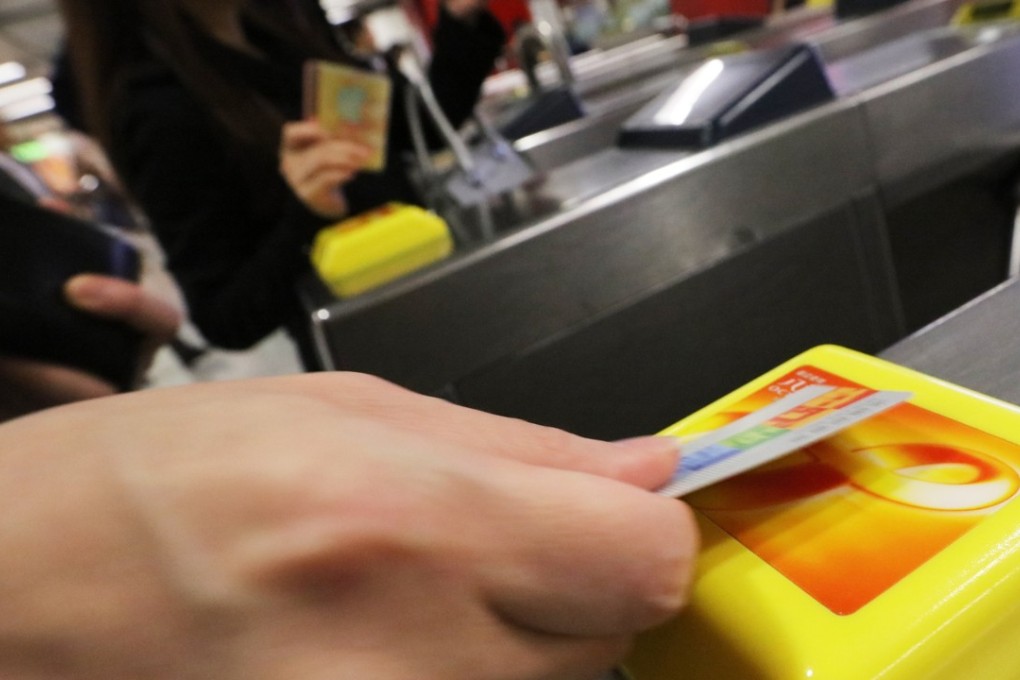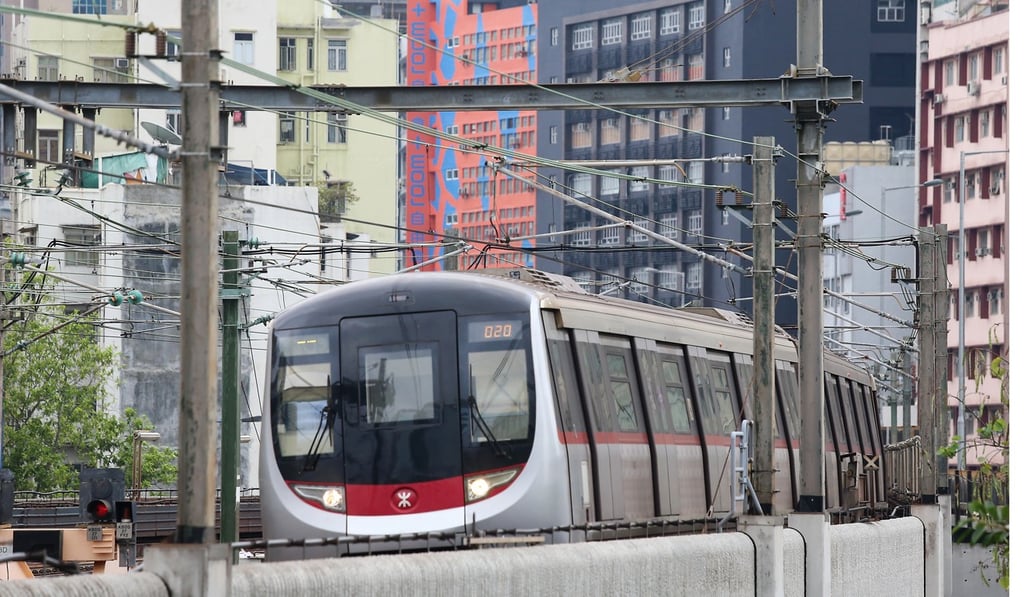Hong Kong MTR fares set to rise by 3.14 per cent
The increase is based on a controversial fare adjustment mechanism and follows a freeze last year

Hong Kong’s profitmaking railway operator is set to raise ticket prices by 3.14 per cent this summer, prompting renewed calls for an overhaul of its controversial fare adjustment mechanism.
With government data paving the way for the MTR Corporation to raise fares under the mechanism, the coming increase will take effect in June.

The latest increase was calculated from half of the yearly change in the inflation rate in December, which was 1.7 per cent, plus half of the yearly increase in wages for the transport sector. A productivity factor – 0.6 of a percentage point – was deducted.
Including last year’s 1.49 per cent rate of adjustment, which was rolled over, the coming MTR fare rise would be 3.14 per cent.